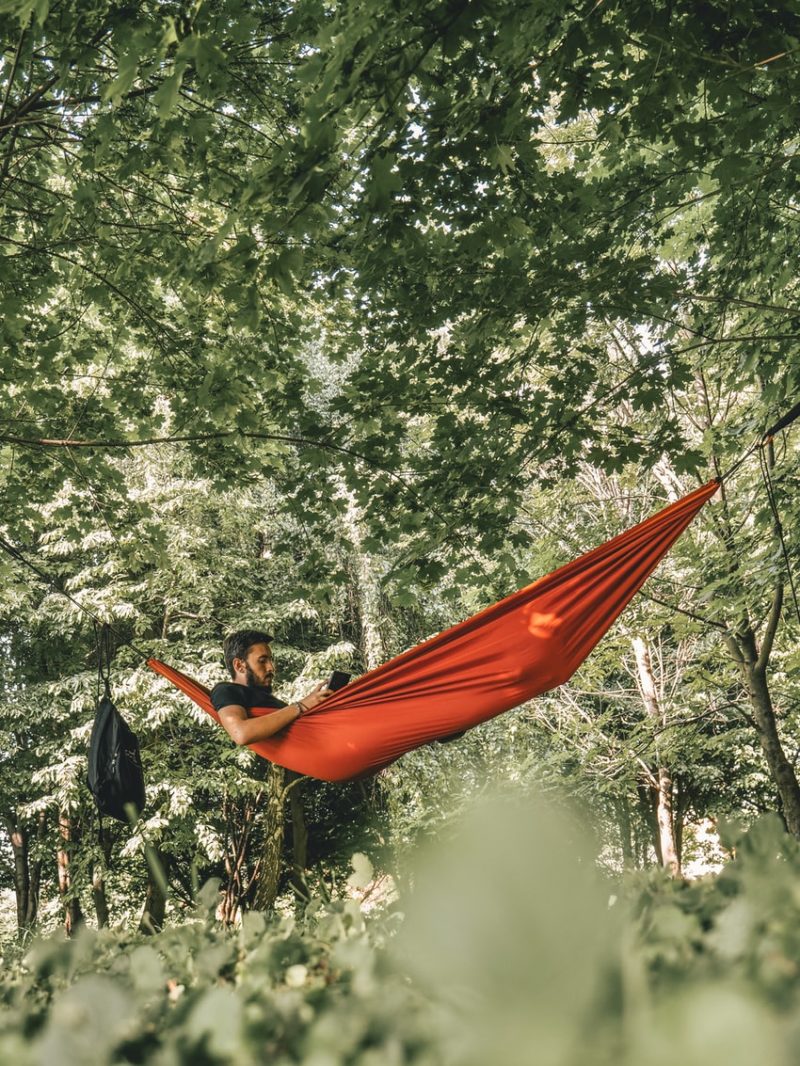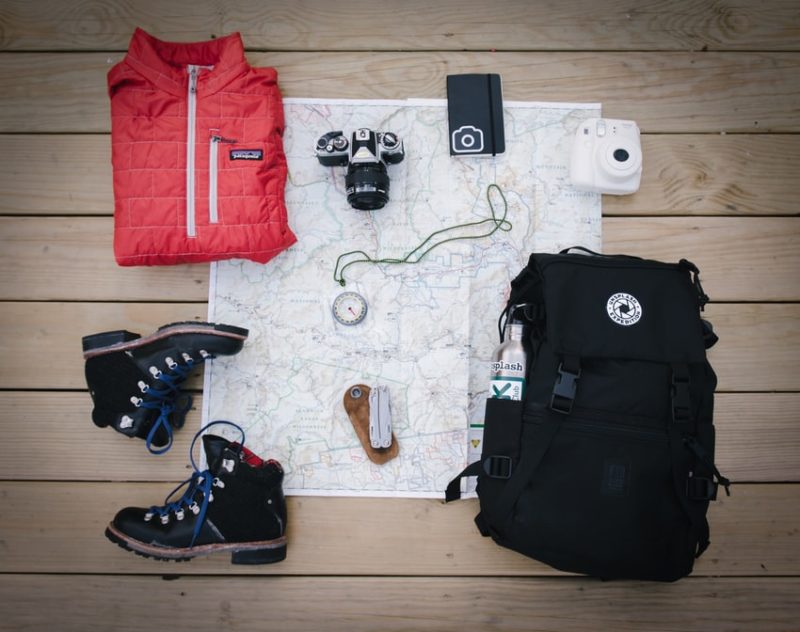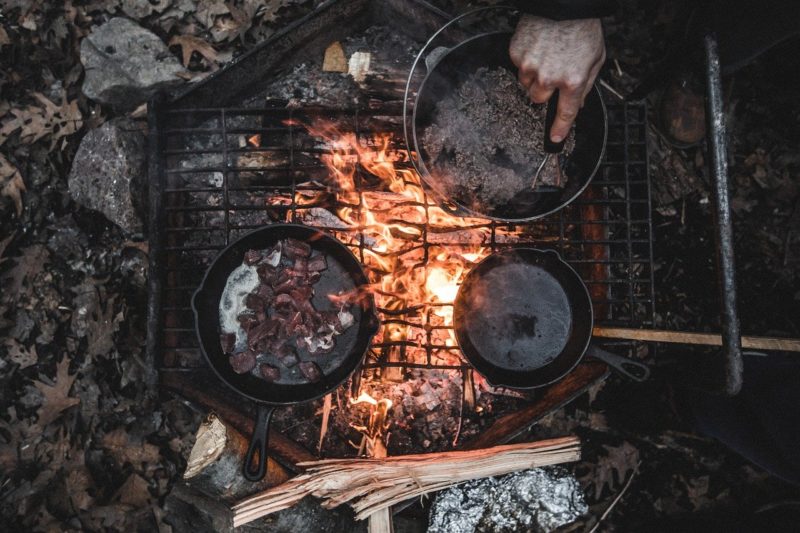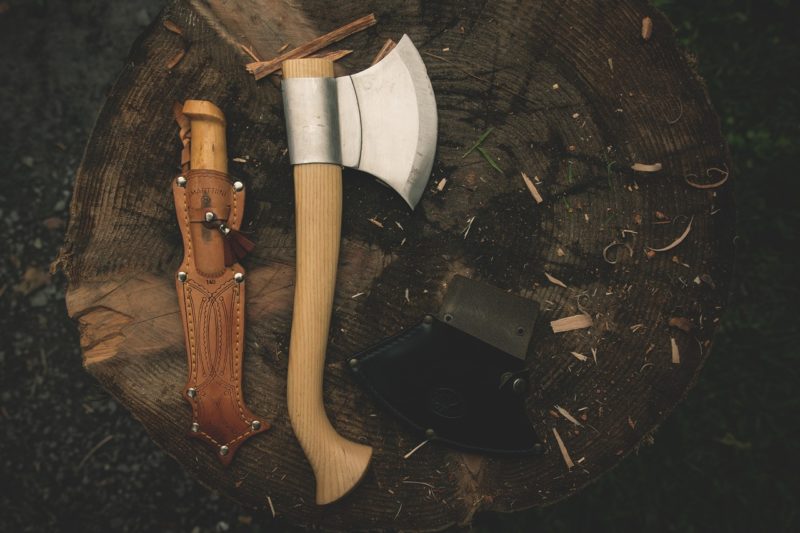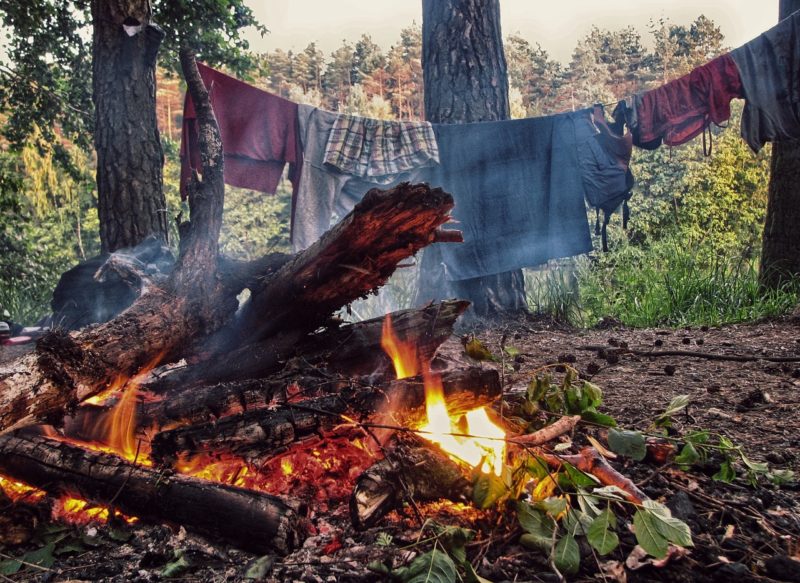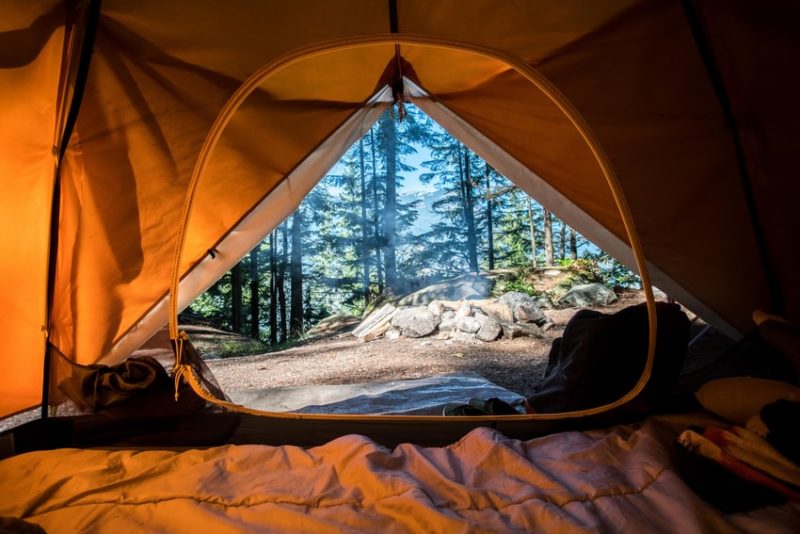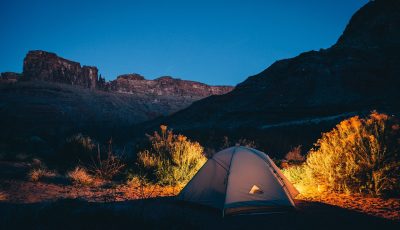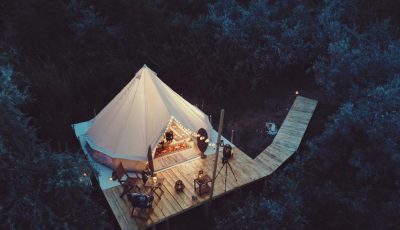Camping Solo for the First-Time? 7 Practical Tips That’ll Make Camping Easier
Most have us enjoyed family camping trips while growing up. You may have even carried on the tradition with family and friends as you’ve gotten older. But what about camping on your own? Sometimes, we just need to escape and spend some alone time in the great outdoors. But is it safe to camp by yourself?
Don’t be alarmed, camping by yourself can be entirely safe, not to mention beneficial to your mental health. However, you need to take the necessary precautions to ensure a good trip.
Keep reading for our top seven solo camping tips.
1. Tell People About Your Plans
One of the most important steps to take when camping alone is sharing your trip plans with trusted friends or family members. Let them know exactly where you’re going and how long you’re going to be gone. If you haven’t checked back with them by a certain date and time, they can take the necessary steps to ensure you’re okay.
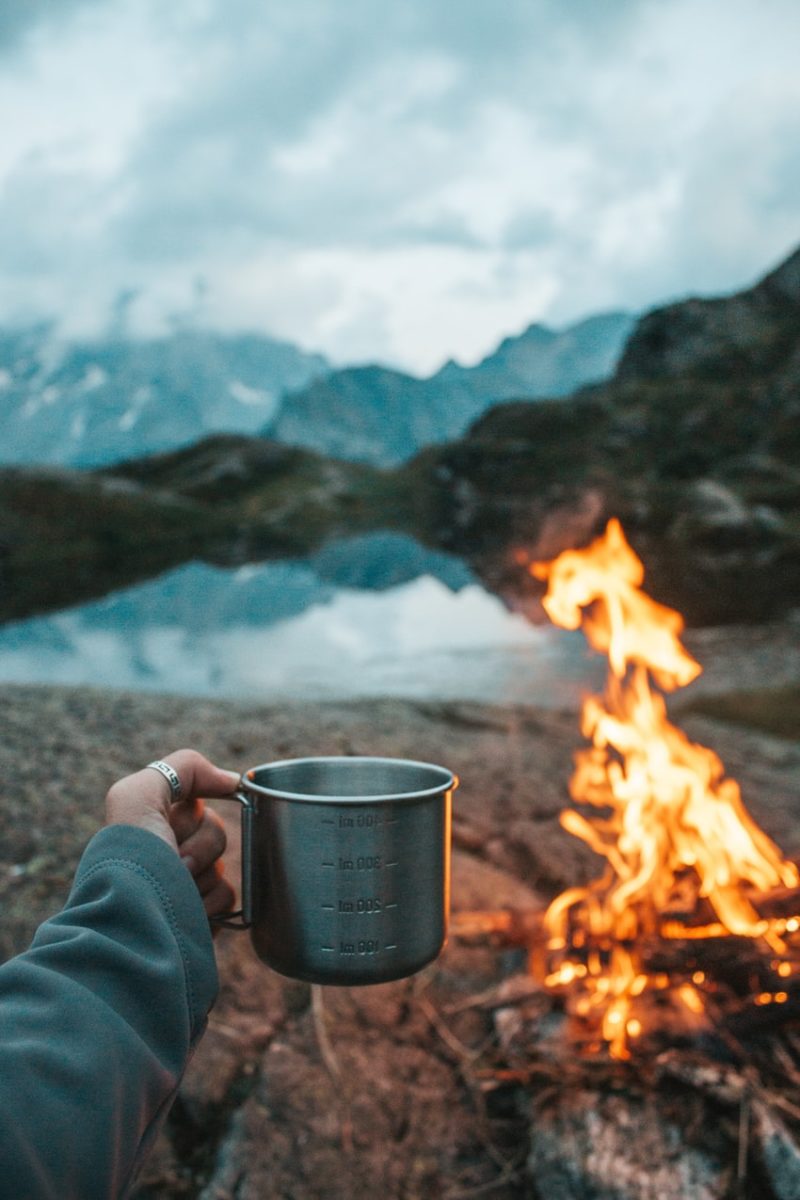
2. Bring Wild Animal Protection
Aside from personal injuries from slipping or falling, wild animals pose a significant threat to camper safety, primarily bears. Make sure you bring a rope and bag to string up your food in a nearby tree. You can also buy bear-proof containers – never bring food into the tent with you.
You should also bring some form of wild animal defense, such as bear spray. You may also opt to bring a firearm, provided you know how to use one safely and responsibly. Being confronted by a bear is not the time to learn.
3. Bring a Map and Compass
One of the most vital solo camping tips warns you of the dangers of getting lost. Even if you’re familiar with the area, it’s all too easy to get lost by wandering off the trail or entering unfamiliar territory. We recommend bringing a map and compass, if not a GPS.
4. Pack Plenty of Food and Water
Camping by yourself can be more difficult if you have to hike into your camping location. Naturally, you’ll want to limit how much weight you have to carry. However, you must bring plenty of high-calorie foods and water.
Bring water tablets and other filtration tools to ensure you have unlimited water.
5. Bring the Appropriate Supplies and Equipment
Tent camping in the woods or mountains requires a certain level of grit and a willingness to work for things like fire, food, and comfort. Make sure you have the right tools, supplies, and equipment for the job.
6. Bring Clothes for Inclement Weather Conditions
One of the only downsides of camping in the mountains is that you can never predict the weather. One minute, it will be bright and sunny and the next, it will be dumping rain. One of the best solo camping tips is to bring adequate clothing to withstand rain, cold, and other inclement weather conditions.
7. Pick a Relatively Close and Familiar Location
When camping solo, it’s best to choose a location that you’ve been to before. You know the area, the nearby resources, and are relatively familiar with the terrain and wildlife. This will make your first solo camping trip less stressful.
It’s also a good idea to pick a location that’s not too far away from home or civilization, in case you are injured or have any other emergencies.
Looking for More Solo Camping Tips and Other Outdoor Advice?
If you’re planning an outdoor adventure, we can help. Check out some of our other articles before you go for more solo camping tips as well as all other kinds of travel advice. Good luck and stay safe!

